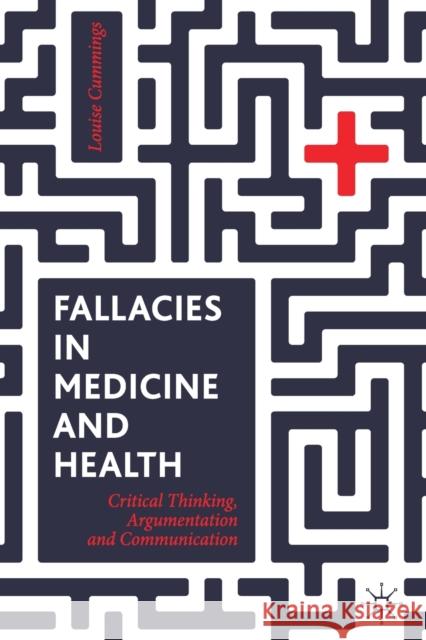Fallacies in Medicine and Health: Critical Thinking, Argumentation and Communication » książka
topmenu
Fallacies in Medicine and Health: Critical Thinking, Argumentation and Communication
ISBN-13: 9783030285128 / Angielski / Miękka / 2020 / 289 str.
Kategorie:
Kategorie BISAC:
Wydawca:
Palgrave MacMillan
Język:
Angielski
ISBN-13:
9783030285128
Rok wydania:
2020
Wydanie:
2020
Ilość stron:
289
Waga:
0.43 kg
Wymiary:
23.39 x 15.6 x 1.65
Oprawa:
Miękka
Wolumenów:
01
Dodatkowe informacje:
Wydanie ilustrowane











